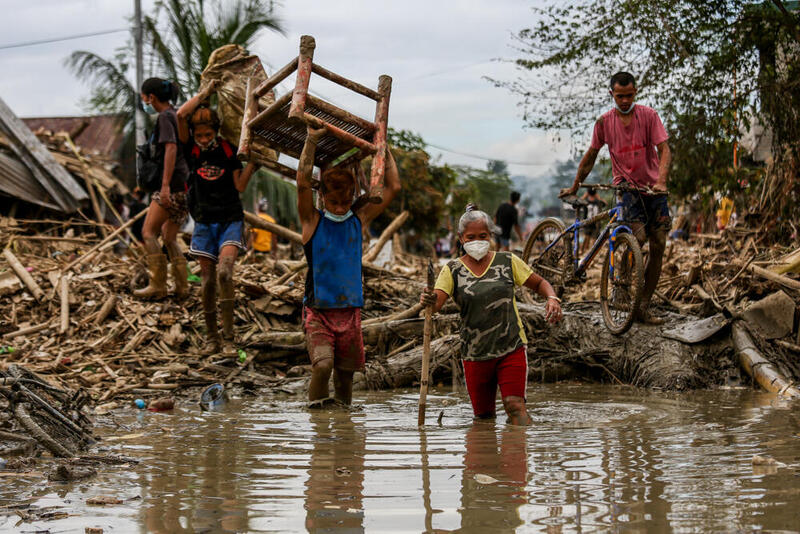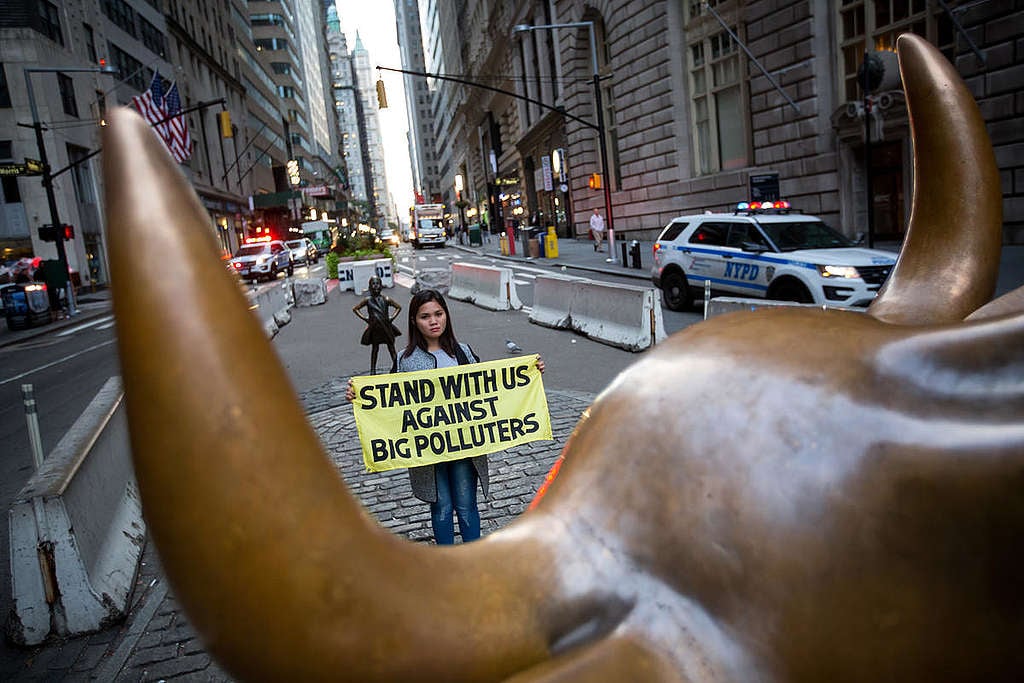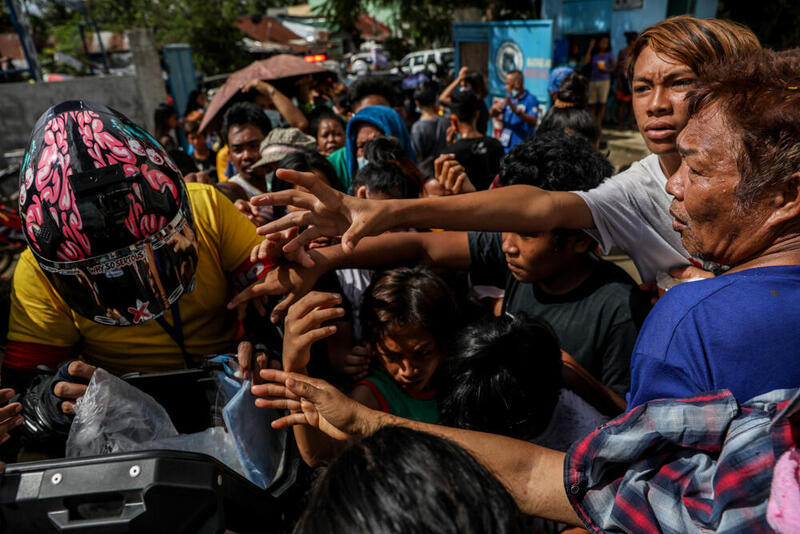The late Environment Secretary Gina Lopez spoke for millions of Filipinos at the frontline of the climate crisis when she said, “Who suffers if you kill the environment? It’s the poor.”
There is a great social injustice in the fact that although the Philippines is a minor contributor to the global climate crisis, it is one of the most susceptible to the impacts of climate change, as shown by frequent calamities in the past.
This was evidenced just recently, when successive typhoons hit the country in the latter part of 2020 and left Filipinos homeless, going without enough to eat and dragged deeper into poverty due to livelihood losses. This happened while still reeling from the impacts of the pandemic.
After the onslaught of Typhoon Ulysses (international name Vamco) last November, Jovie Reyes, a 21-year-old from Rizal posed this question: “Sa pandemic hirap na hirap na kami. Paano kami ngayon? Wala na kaming uuwian.” (Pandemic alone is dragging us down. What about now? We don’t have a place to call home anymore.)
Like Jovie’s, the plight of Filipinos–especially the food producers, indigenous people, and the youth–shows how exploitative businesses are disrupting social justice.

Ulysses and Typhoon Rolly (Goni) alone affected at least 4,900,000 persons and caused approximately P12 billion in agricultural damages combined, according to the latest data from NDRRMC. Behind this number are faces, families, and communities that have now fallen prey to climate injustices in the form of livelihood inaccessibility and human rights and equity disruption—the same issues that surround social justice.
In reality, it is not just global warming we are dealing with, but climate change in the hands of big companies, including those entities that primarily contribute to greenhouse gas emissions. These are the companies that choose to ignore decades of appeal from the climate justice movement. That alone is social injustice.
It has been an uphill battle against these twisted business interests, but as the world marks the World Day of Social Justice, let us be reminded that attaining climate justice and social justice is not impossible.
Filipino communities have been at the forefront of this movement, sparked by the action almost six years ago wherein farmers, fisherfolk, human rights and environmental activists, and typhoon survivors stood up against the world’s biggest polluting companies.
There is also a growing global movement that stands for communities in countries around the world to call on businesses and governments to uphold equity, human rights, and access during the time when climate justice and social justice are threatened.
Fortunately for us, the youth have been leading the way. Because they know that the climate crisis is not just affecting polar bears; our equity, access, dignity, and human rights are on the line.
Angeli Cantillana is a Communications Campaigner with Greenpeace Philippines. Follow her on Twitter (@GelCanti).

Filipinos are enduring the worst impacts of climate change, caused by greedy corporations. It’s time to hold them to account!

